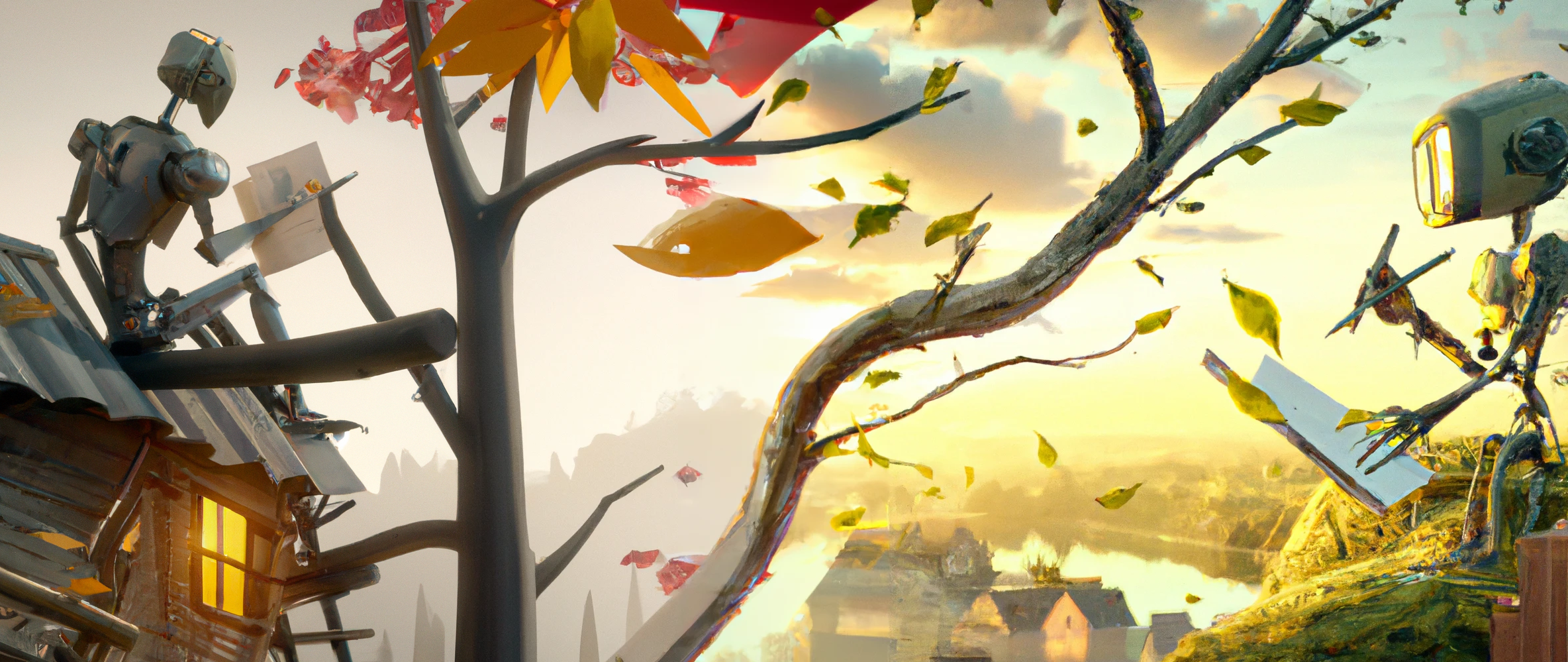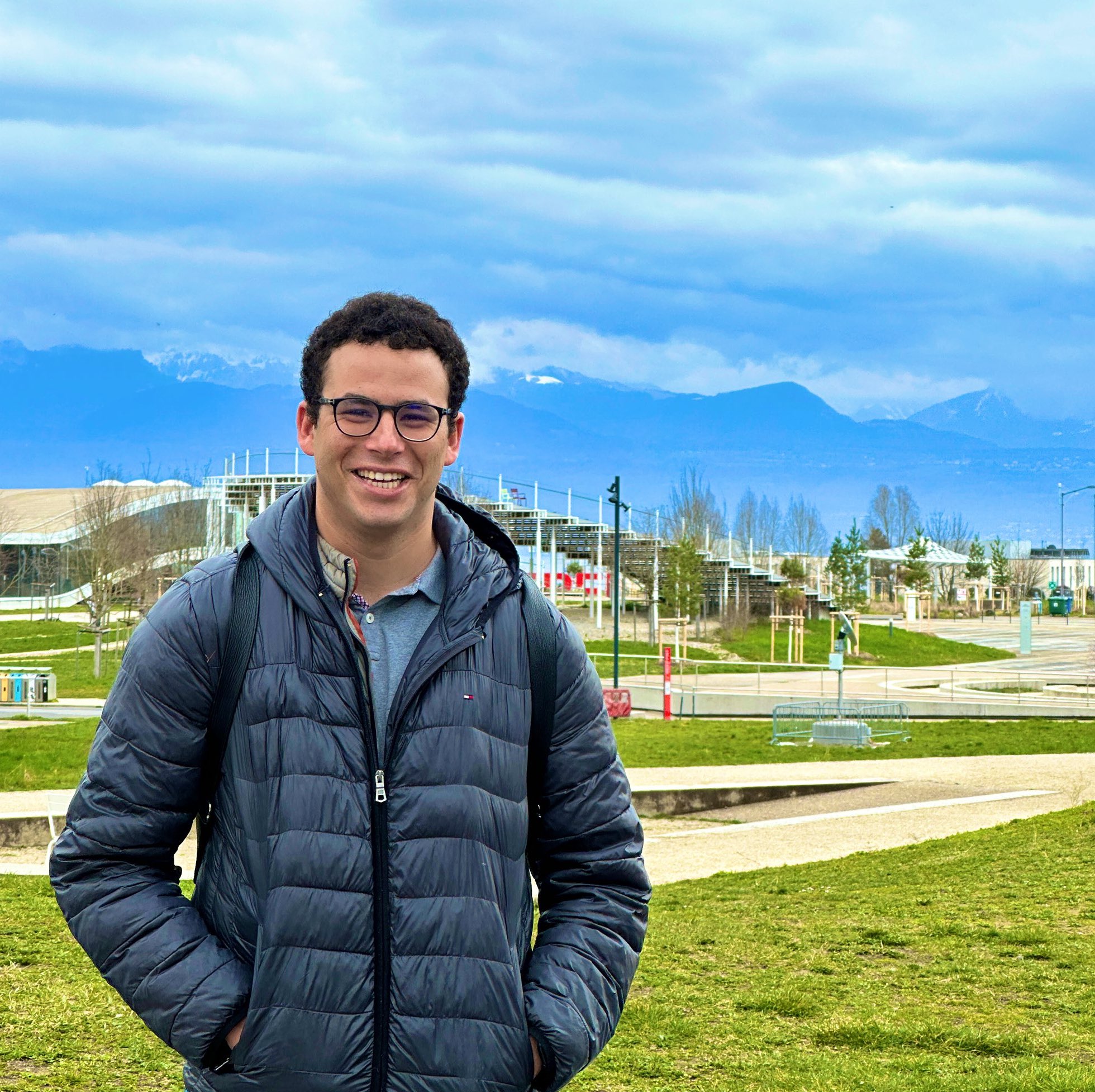
The Curse of 'Creative' AI
I wrote a poem the other day, to express a sea of emotions that have been storming inside me. I liked what I wrote, I felt it carried the meaning of what I wanted to convey, and released some of the internal anger I have been containing. But, as someone who is a tech freak like myself, I couldn’t resist the urge of having ChatGPT express what I wrote but better. So I opened OpenAI’s website, gave it the text, and asked the AI model to make my poem sound ‘better’. It generated something that was indeed ‘better’ in my opinion. It replaced some words with others that rhyme more meaningfully. It added a verse that summarized a couple of my lines to be more poetic and concise. I looked at the output the model generated and…I wasn’t satisfied. It removed some lines that were important to me, that the model deemed to be a secondary detail. So I took the output and edited it to my liking, and there I thought: “Now that’s a good example of Human-AI collaboration, this is the future, joining ‘brain’ powers to make something more meaningful.” But I was deceiving myself.
I wanted to send the poem to my friends and family, so I can share with them what I have been feeling. When I wrote the message, I couldn’t help but write “This is a poem I wrote (but with the help of ChatGPT)”. I sent it to them, and they loved it. But I didn’t. There was something wrong. It’s not the same feeling I had when I used to send them pieces I wrote from before. It felt like I cheated. Like what I wrote wasn’t mine. Only then I realized that AI will start changing our relationship with art.
Poems are something that always meant a lot to me, especially poems in Egyptian Arabic (my native language). I have never been good at writing them, I never practiced enough. So as an AI researcher, I decided last year to write a paper about controlled Arabic poetry generation, with the hope that it will help me and others overcome whatever writer’s block that comes our way. I trained several models, wrote a paper, and hosted the best model online. It took me a lot of time and effort to do so, but I felt back then that it was a good idea. I was combining two things I am passionate about: Arabic poetry and Machine Learning. In addition to being an interesting research problem to tackle.
Now, fast forward to this day, when I decided to use ChatGPT to ‘enhance’ my English poem, and the feeling of lack of ownership I felt when I sent it out there. I kept wondering, why is that the case? I used ChatGPT a lot of times before, from improving my emails to asking it some coding questions I forgot. This was different. This involved my emotions. It involved my attempt to create art. To share with others who are close to me what I felt at that moment. Making an AI model assist me with that just ruined the feeling.
That is not restricted only to ChatGPT, but any other generative model involved with art, other examples include the text-to-image generation models like Stable Diffusion or DALL-E 2. There has been a wave last year of generative models doing all kinds of things, from generating videos to generating music, and those models will just keep on getting better. It will reach the point where people will stop using them as tools, but as content creators.
This takes me back to that sudden realization I had of AI changing our relationship with art. I worry about the future generations, who will grow up with those models living side-by-side to them, just like Gen Z grew up with the internet. The internet though is a tool to access information. Generative models are more than that. A friend of mine described it as if one “wrote a description to a freelancer then posted the result as her own.” But the problem is more than that in my opinion. Art is meaningless without emotions. Creating art with the help of another person is different than creating it with an emotionless machines. So I worry about future generations, they might not know what it feels like to write a piece that’s entirely their own. Yes, they may recalibrate their feelings to account for this new technology, but still it’s not the same thing.
I agree that generative models are useful in many applications, it’s the reason why I do research in AI. But let’s not trick ourselves into thinking that art is one of them.
I also didn’t talk here about the implications of generative models to the global workforce, or the problems of copying and using the work of real artists, or what it means to be ‘creative’ in the first place. Current generative AI technologies are arguably unable to go beyond what humanity has created. They can only interpolate between different data points that were fed into its system, composing different concepts into one coherent image or paragraph, but using them to create something completely novel, like having a new Picasso, is still something we haven’t reached yet, but I will leave those points for another blog post.
